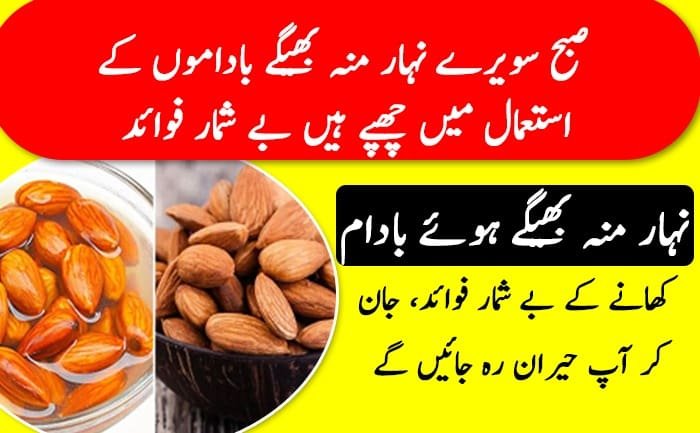Caution: Potential Drawbacks of Cashews for Heart Health
Cashews, a delightful and crunchy snack, are favored by many. However, despite their tempting taste, it’s crucial to approach cashew consumption with caution, especially for those concerned about heart health. Let’s explore why cashews, despite their nutritional content, may pose risks when consumed in excess.

The Caloric Conundrum
Cashews are laden with approximately 47% fat, meaning that consuming 100 grams of cashews is equivalent to ingesting nearly 10 tablespoons of oil. While cashews are often enjoyed as is or roasted, some recipes involve frying them, compounding the fat content. This caloric density can be a concern for individuals striving to manage their weight.
The Peril of Excessive Consumption
For those with heart conditions, health experts often advise against excessive cashew consumption. Cashews, when consumed in abundance, can prove hazardous to heart health due to their high saturated fat content. The excessive intake of saturated fats can contribute to elevated cholesterol levels, potentially exacerbating cardiovascular issues.
Caution for Heart Patients
Individuals with pre-existing heart conditions should exercise caution when it comes to cashew consumption. The high levels of saturated fats and calories in cashews may not align with heart-healthy dietary recommendations. It’s advisable for heart patients to limit or completely avoid cashews to prevent any adverse impact on their cardiovascular well-being.
The Weight Gain Dilemma
While cashews are celebrated for their protein content, they also pack a significant caloric punch. For those aiming to maintain or lose weight, the calorific density of cashews can be counterproductive. Moderation is key, ensuring that the nutritional benefits of cashews are reaped without compromising weight management goals.
Hidden Compounds and Concerns
Cashews contain chemicals like urushiol, which can trigger toxic reactions in some individuals. Additionally, cashews harbor lectins and phytic acid, compounds that can interfere with nutrient absorption and potentially lead to digestive issues. These hidden elements underscore the importance of mindful consumption.
A Word of Caution
In conclusion, while cashews offer a host of nutrients, including protein and essential minerals, their excessive consumption may pose risks, particularly for heart health. For those with cardiovascular concerns or weight management goals, it’s advisable to enjoy cashews in moderation and consult with healthcare professionals for personalized dietary advice.
Remember, in the realm of nutrition, balance and moderation are the pillars of a healthy lifestyle. Approach cashews with caution, savoring their goodness without compromising your well-being.









